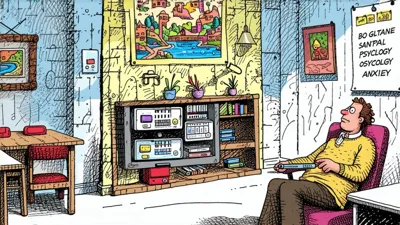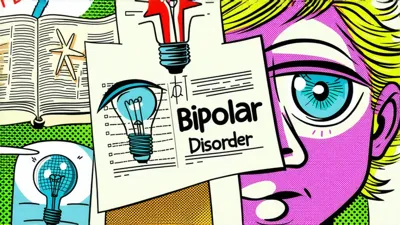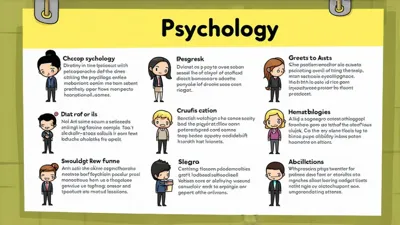Hello, I'm Fei Yun, a heart exploration coach.
You feel angry with your daughter but also hurt. How could you not feel pain and love for your child?
When she rebels and doesn't communicate with you, it makes you anxious. The more anxious you get, the angrier you become, and the angrier you become, the more anxious you get, until you mess things up. She feels guilty inside.
As a mother of an adolescent daughter, I give you a hug and we will talk.
?1. Understanding your daughter's changes
At 14, kids are confused and want to explore themselves.
They care about what their friends think and don't depend on their parents or teachers as much. They start having their own world with diaries, friends, and places they think are safer.
Hormones can also affect their emotions. They may act in ways that make their parents feel they are unreasonable and no longer obedient.
As parents, we don't call our kids rebellious or defiant. They just have their own ideas and want to express themselves.
Today's young people are raised differently than we were. They are respected and given the right to choose. They can even learn about the world through the internet.
Children need more respect, trust, and a say from parents and teachers than they do from their parents.
2. Know your feelings.
You realize you're not very good at this. You made chicken soup for your daughter, but she didn't appreciate it. You got angry and did something irrational.
You feel guilty and regret your "incompetence" and "powerlessness," but don't know how to fix it. You also feel aggrieved and wonder why your daughter doesn't understand you.
When you see your emotions and the needs behind them, you can change and have new options.
You can give your daughter a hug, a greeting, or an apology. We don't express ourselves with our parents. Why not express yourself with the next generation?
Intimacy means not being afraid. We are intimate with our partners and children.
You can also see your own patterns in how you interact with your child.
Here are a few tips:
1) Learn to communicate. Getting angry is one way to communicate, but it is not effective.
Love your daughter with emotion, sincerity, and trust. Meet her needs.
Show your love in many ways. Let love flow.
2) Give each other space. Your child just wants to be left alone. This period of time may last for a while.
Give her time to mature and grow. Give yourself and your parent-child relationship time to repair/become closer.
Even though our parents raised us in a "free-range" way, we also had a period of youthful rebellion. Put yourself in their shoes and you will understand and accept your child's special period better.
3) Make mistakes at low cost.
Everyone goes through a rebellious phase. The difference is when. Some rebel in their youth, while others rebel at work, in marriage, or in intimate relationships.
Why not go through this stage with your child when it's cheapest? Read "How to Hug a Hedgehog" and "It Turns Out That Understanding Is More Important Than Love."
I hope this helps. I love you.
To continue the conversation, click "Find a Coach" in the top right or bottom. I will communicate and grow with you one-on-one.
 Helpful to me 894
Helpful to me 894 disapprove0
disapprove0








 3131
3131 72
72 10
10 By Anonymous | Published on December 18, 2024
By Anonymous | Published on December 18, 2024








Comments
I can see how frustrating this situation is for you. It sounds like your daughter is going through a phase where she's withdrawing into herself, and it's really tough to connect with her. I hope you can find a way to talk to her and understand what's on her mind.
It must be heartbreaking to witness your child rejecting your efforts, especially when you're trying to do something as caring as offering homemade chicken soup. The tension between you two seems intense, and it might help to take a step back and try to approach the situation calmly once things settle down.
This is such a difficult moment for both of you. Your daughter's behavior is challenging, but it could be a sign that she's struggling with something deeper. Maybe there's an opportunity here to explore what's causing her to act out in this way, perhaps even seeking professional guidance if needed.
It sounds like you're feeling pretty helpless and upset about the whole thing. Sometimes kids this age go through periods where they pull away, and it's not necessarily a reflection of anything you've done wrong. It might be helpful to reach out to other parents or a counselor who can offer support and advice.
The interaction with your daughter must have been very upsetting for both of you. It might be beneficial to wait until emotions are less charged and then gently bring up the topic, showing her that you're concerned about her wellbeing and want to listen to her feelings.